Five Books I Love
Five books that taught me how the discipline of the poet can be brought into modes where characters and creators hover at the edge of their own fictions.
This week I’m continuing with another “five things” post. Take it as a little anti-algorithm move. Rather than a high-powered recommendation engine or whatever, here are five recommendations from one human to another.
The Crying of Lot 49 - Thomas Pynchon
Thomas Pynchon’s 1966 novella follows Oedipa Maas as she learns she’s been named executor of her ex-lover’s vast estate and finds herself drawn to unearth a centuries-old conflict between two mail distribution companies, Thurn und Taxis and the Trystero. My favorite scene involves her putting on so many layers of clothes she comes to resemble a beach ball.
One thing I love about Pynchon’s work is how his characters’ obvious artificiality (their cartoon names, their allegorical flatness) makes you aware you’re reading a constructed fiction, which, fellow Pynchon fan Paul Thomas Anderson really nails. Some of the best moments in his movies are when his characters seem just on the edge of breaking. In those moments, something weird and hilarious shines through.
This quality of characters hovering at the boundary of their fictional world runs throughout Pynchon’s work. Characters like Pierce Inverarity, Mike Fallopian, and Randolph Driblette populate a world where the symbol of a muted post horn appears everywhere—in bar bathrooms, among an engineer’s doodles, as part of children’s sidewalk games, amidst Chinese ideograms in shop windows.
It’s also just really well written. It’s Pynchon’s most approachable book.
Miss Lonelyhearts - Nathanael West
West’s 1933 novella follows a male newspaper advice columnist who becomes unable to ignore the misery of his correspondents.
Why is this book great? Good, pared-down language.
In describing his protagonist, West writes:
Although his cheap clothes had too much style, he still looked like the son of a Baptist minister. A beard would become him, would accent his Old-Testament look. But even without a beard no one could fail to recognize the New England puritan. His forehead was high and narrow. His nose was long and fleshless. His bony chin was shaped and cleft like a hoof.
Great turns of phrase:
after a third drink, just as he was settling into the warm mud of alcoholic gloom.
West writes about the blackly comic energy and caustic ebullience, the strange buoyancy of suffering in early 1930s Manhattan.
This sort of prose inspired my book The God Pot.
Cheers to West.
Collected Poems - Lew Welch
Gary Snyder was my gateway drug for Lew Welch. I will never forget Snyder giving a reading he opened by announcing: “Poetry is not an intellectual exercise.” My heart swelled to fill the room.
Welch was apparently the man who we can credit with the phrase “RAID KILLS BUGS DEAD” while working as an advertising copywriter before one of his nervous breakdowns. He had also driven a cab and worked as a dockworker on the San Francisco waterfront.
Here’s Welch’s “Ring of Bone”:
I saw myself
a ring of bone
in the clear stream
of all of it
and vowed
always to be open to it
that all of it
might flow through
and then heard “ring of bone” where
ring is what a
bell does
God bless Lew Welch. The body is a sacred space that is also a process, a noun that is also a verb, self continuous with “the clear stream of all of it.”
Here’s another great one from Lew:
He Thanks His Woodpile
The wood of the madrone burns with a flame at once
lavender and mossy green, a color you can sometimes see in a sari.
Oak burns with a peppery smell.
For a really hot fire, use bark.
You can crack your stove with bark.
All winter long I make wood stews:
Poem to stove to woodpile to stove to
typewriter. woodpile stove.
and can’t stop peeking at it!
can’t stop opening up the door!
can’t stop giggling at it
“Shack Simple”
crazy as Han Shan as
Wittgenstein in his German hut, as
all the others ever were and are
Ancient Order of the Fire Gigglers
who walked away from it, finally,
kicked the habit, finally, of Self, of
man-hooked Man
(which is not, at last, estrangement )
Train Dreams - Denis Johnson
For stretches of time, usually after rereading one of his books, Denis Johnson again becomes my favorite writer. I think Train Dreams is my favorite Johnson.
The language is so good, and the audiobook is narrated masterfully by Will Patton—Patton’s reading perfectly matches the tone, texture, and depth. People whose only exposure to Johnson is Jesus’ Son are missing out.
There’s a great passage when in the course of the story’s telling, the main character is with a team of loggers and one of them suffers an injury. In his delirium before dying, Arn Peeples:
shouted mad words—‘right reverend rising rockies!’ he’d shouted; ‘forerunner grub holdup feller! Caution! Caution!’—and called out to the spirits from his past, and said he’d been paid a visit by his sister and his sister’s husband, though both, as Billy said he knew for certain, had been many years dead.
This occurs after Arn is struck by a falling branch from a larch tree (a “widowmaker”), which initially seems like a minor injury but leads to dizzy spells, fever, and ultimately his death.
And this description: “his right shoulder locked up as dead as a vault door,” and later he feels “a palsy which was rocking the entire avenue like a rowboat” and “the heat itched in his hair.”
There’s a superb description of a forest fire, and when Grainier’s Bible burns, “here had come a fire stronger than God.” After the fire, “The ground about was healing. Fireweed and jack pine stood up about thigh high. A mustard-tinted fog of pine pollen drifted through the valley”.
Or where where the main character experiences his first kiss with Gladys:
The first kiss plummeted him down a hole and popped him out into a world he thought he could get along in—as if he’d been pulling hard the wrong way and was now turned around headed downstream.
This happens during their picnic in the meadow when Grainier shows Gladys the land he’s acquired. After she says “You got my mouth flat against my teeth” and tells him to “Do it again. But easy does it.”
From Johnson I take away the trust of the moment and an example of how poetry can grow into a story, how the discipline and eye of the poet can be brought into other modes. People who read just to know what’s going to happen will be missing an entire universe of experience.
Johnson was born in Munich in 1949, grew up in various countries due to his father’s diplomatic career. He was intermittently a teacher and journalist, always a writer who often alluded to a troubled period when he was addicted to heroin and alcohol. From 1979 to 1981, he taught creative writing at the state prison in Florence, Arizona. This experience, particularly his work with two death-row inmates, impelled Johnson to finish Angels, a novel he had started years before.
Aesop Without Morals - Lloyd W. Daly
Lloyd W. Daly presents the Fables in a new light as adult literature, as an expression of Greek creative genius. To me this expresses something about prose poetry. Fables are brilliant but they can be ruined by the moralizing.
The opposite is true, too. You can have a completely flat little scene and then a completely disproportionately contrasting moral. The tension between the two is worth living for.
Daly separates out the morals into a long appendix at the back—579 morals all in a row. This book for me is a discovery of a different way of experiencing that tension between scene and commentary, what’s it like shaped another way.
Here’s 228, The Geese and the Cranes:
Some geese and some cranes were feeding in the same meadow. When hunters appeared, the cranes, who were light and agile, got away safely, but the geese, who were heavy-bodied, waited too long and were caught.
There’s a moral to the story. It’s on page 293 of the Appendix:
So it is with man. When there is fighting between parties in a city, the poor, being unencumbered, easily move from city to city, but the rich stay behind because of their great possessions and lose their lives.
I like sharing these lists. If any of these sound interesting or if you’ve read them, feel free to share your thoughts. Always curious what others are reading or if these remind you of other books worth checking out.
I have a couple of openings next month for writing clients. If you’d like to work with me as a writing coach, reach out here.
The Understory
The Understory is a place to share works-in-progress. If you have something you’re working on, feel free to post it as a comment or in the chat. You can just click to leave a comment and paste it there.
For this week’s Understory submission I pulled another notebook at random and came across a piece partially collected of overheard sound fragments.
Echo’s Edge
out in the courtyard
the crisp evening air
brings fragments of sound,
after dinner commotion from verandas
from far inside stone rooms
with wide open shutters
I’m under the night sky
attempting some sort of painting
cypress trees
their treelines cresting
silhouettes
the moon in a
long line
of white
some sort of glare tonight
moonlight shows the dawn
from the world’s other face
ROUND FALSETTO
permission to breathe
“han som”
“you wan com back han som”
/
pain ting under no light at all
hold it close up
broadbrush pain ting
in a throwaway
journal
“hemingway?”
turn around to get water
confront the riotous commotion
another successful dinner on planet earth
alltherooms
faced the same
/
“no no no
really is part of
the fam”
paint the moon
in lumbertoned blackpants
paint the moon
using only the irritation from
bugbites
skinwhelps
light upstairs goes off
lights like
disparate eggs
satisfied because you’re here or
satisfied because your dream home
is a laid back place
for sitting hens?
/
choosing a color
ran dom
unitary
solitone
“off all aler mo
mo ale pop”
conec
con stelat
trace ink
like Nera or
some other black horse
guide
“but I just like
Jerry getting goosed”
If you have something you’d like to contribute, feel free to do so! Just click comment and drop it there — or post it via chat. Fame and glory awaits you.


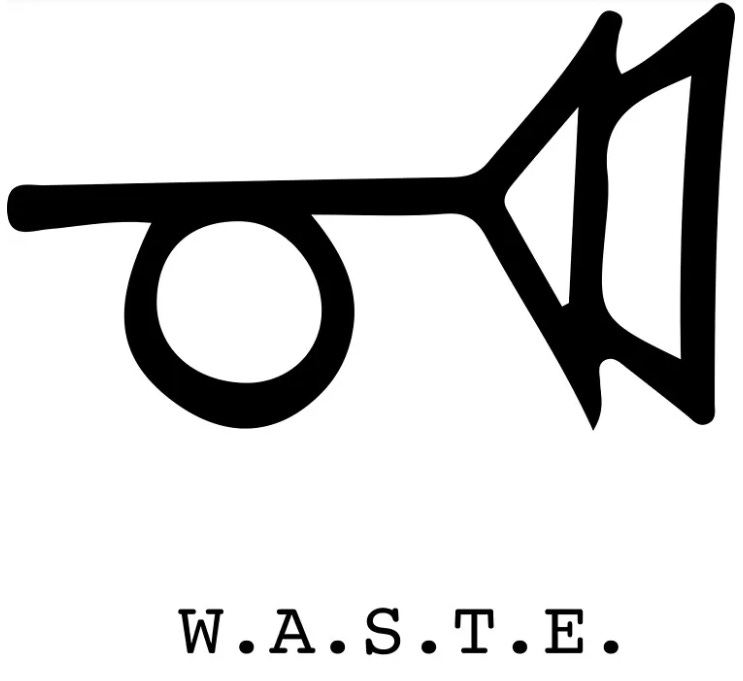
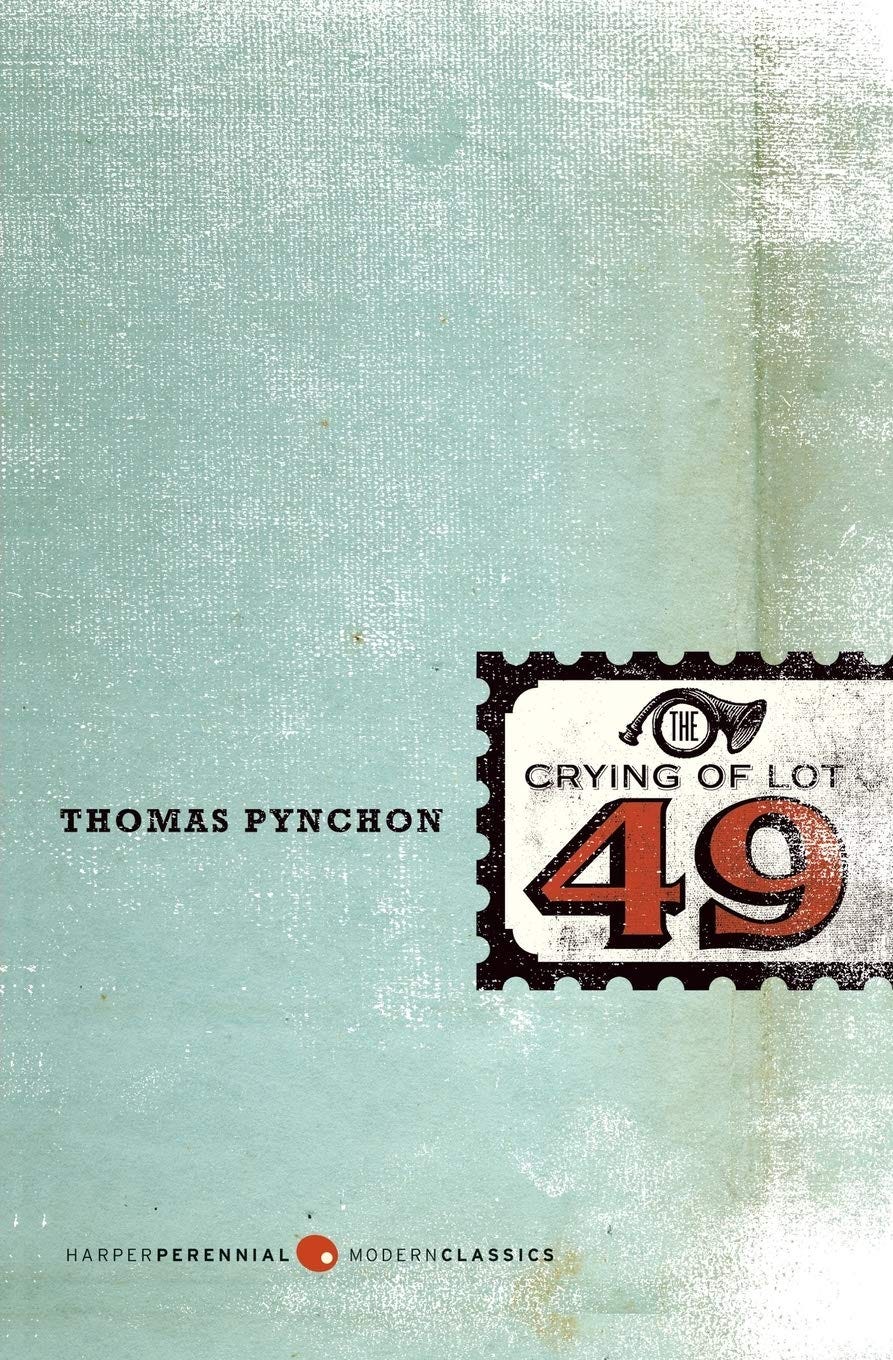
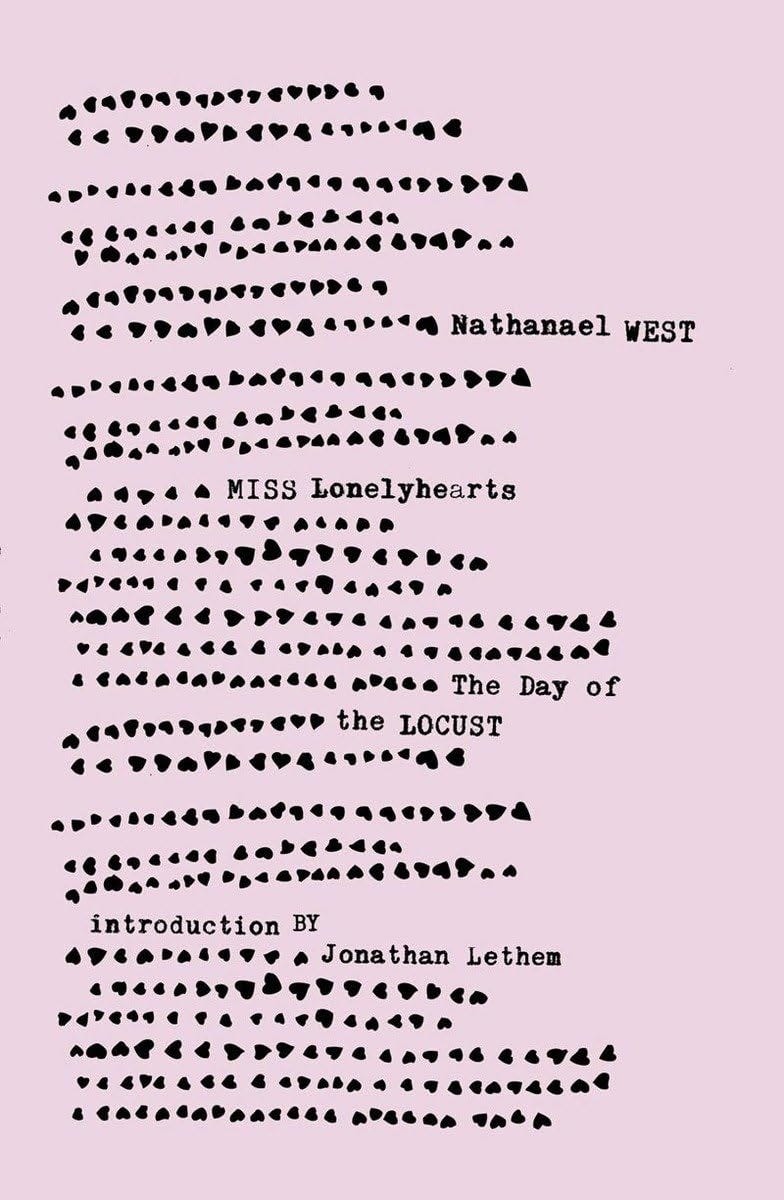
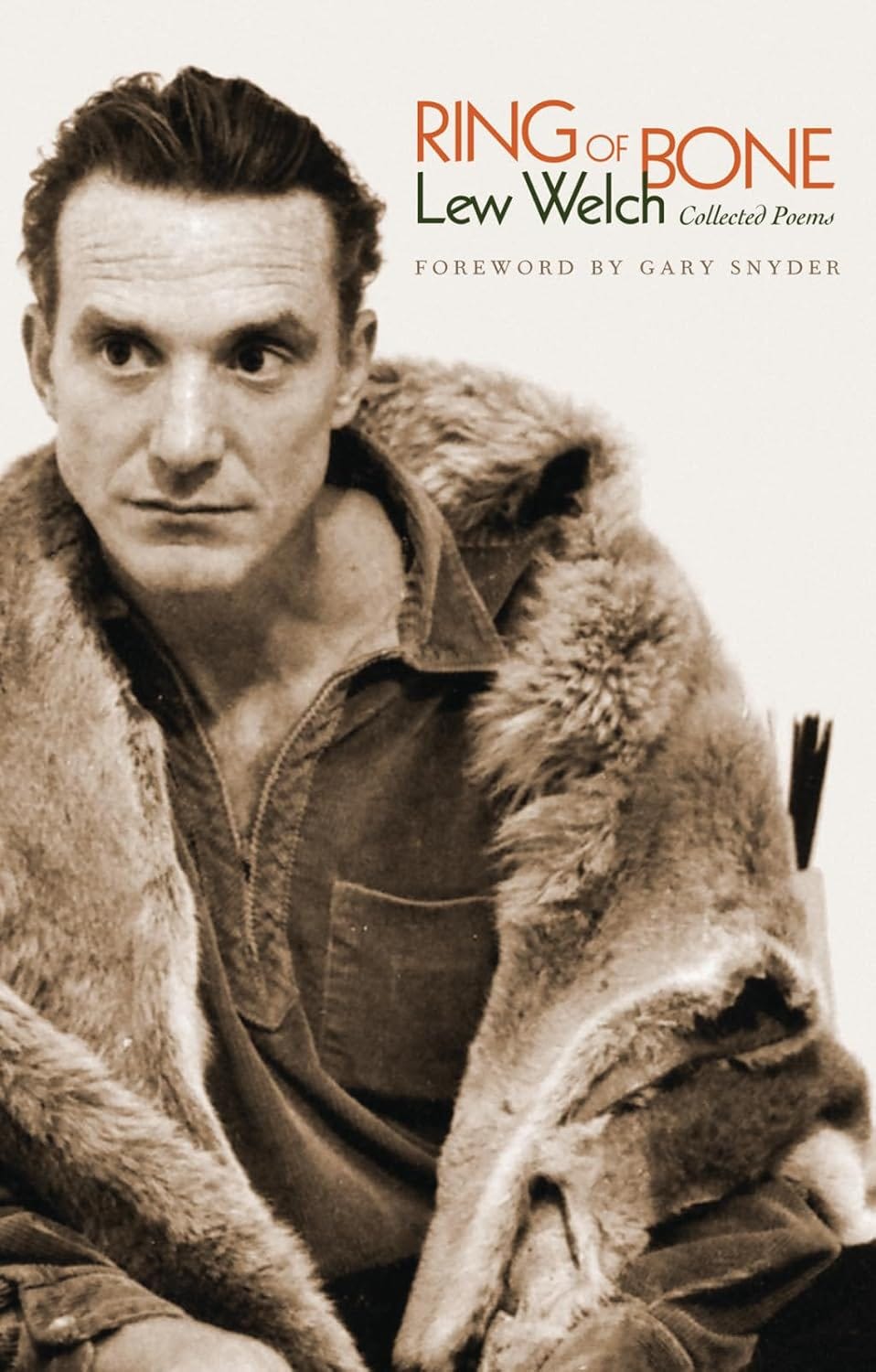
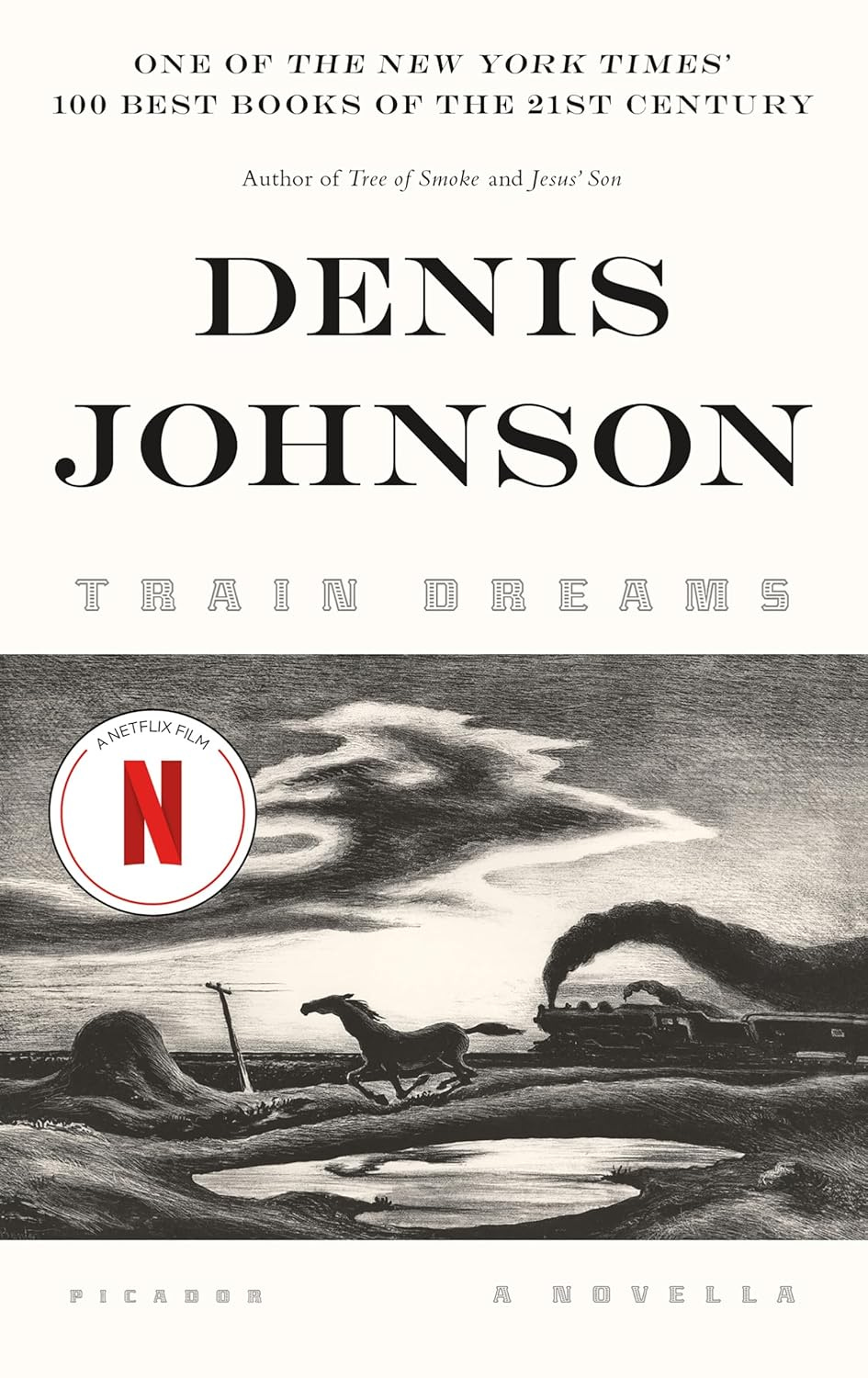
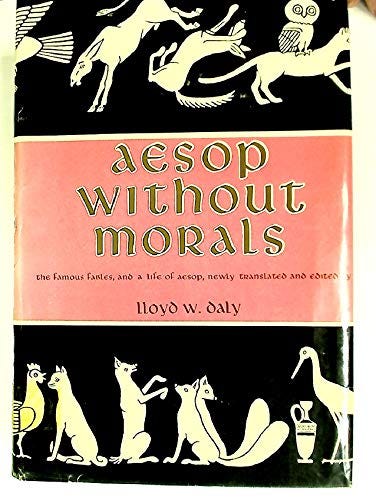
Normally I write in French but sometimes in English:
When I look at the mirror,
I see a woman of my age
I have the age of small wonders,
big pains, big laughs, good friends, love, love, love, motherhood
dark family
good dogs, good stars, music and words
When I look at the mirror,
I see a woman who is Canadian but
could be Aboriginal, who knows how to make an outdoor fire
who could light a fire in the gaze of man
who could die from too much pain
but also, too much laughs
Tomorrow
When I will look at the mirror
I won’t see myself.
"in plucking the fruit of memory one runs the risk of spoiling its bloom" - conrad
inplucking memory one risks the blooming of the soil
infruting memoir, one runs one bloom
in pluck memory, risk bloom spoil
memory pluck, bloom risk
pluck bloom risk
memoir fruit
mem bloom
pluck risk
me